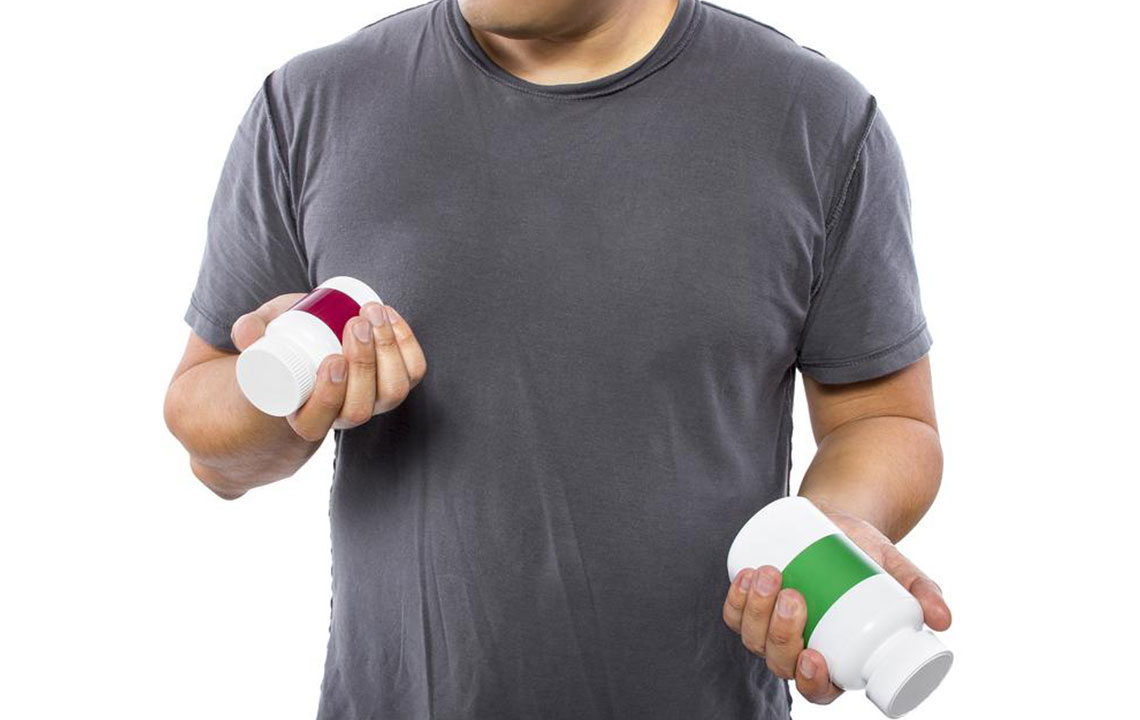Comprehensive Lifestyle Strategies to Effectively Manage Urinary Leakage
Discover comprehensive lifestyle strategies for managing urinary leakage effectively. Learn about diet modifications, weight control, and habits that support bladder health and improve urinary control, enhancing your overall quality of life. These practical tips complement medical approaches, offering a holistic way to address urinary incontinence for people of all severity levels.

Effective Lifestyle Habits for Relieving Urinary Leakage and Enhancing Bladder Health
Urinary leakage, a common condition affecting individuals worldwide, can often be managed effectively through a combination of medical interventions and lifestyle modifications. While medical treatments and surgical procedures are vital for many patients, especially those with severe symptoms, adopting certain healthy habits in daily life can play a significant role in reducing urinary leakage and improving overall bladder health. For individuals experiencing mild or moderate symptoms, these lifestyle strategies can sometimes suffice to control or even eliminate the issue entirely. Additionally, integrating these habits into daily routines is crucial for those with more advanced symptoms to maintain bladder strength and prevent further complications.
This comprehensive approach emphasizes the importance of diet, weight management, and other behavioral changes that collectively support pelvic health and enhance urinary control.
Below delve into detailed lifestyle modifications that can positively impact urinary leakage management and promote better bladder function.
Diet plays a pivotal role in managing urinary symptoms. Certain foods and beverages can irritate the bladder, inflame tissues, and worsen leakage episodes. Adjusting your diet to include bladder-friendly options can make a substantial difference in symptom severity and frequency. Additionally, maintaining a healthy weight through proper diet and exercise not only reduces pressure on the bladder but also diminishes associated risks such as diabetes and obesity—conditions that frequently contribute to urinary problems.
Optimal Dietary Practices: Adopting a bladder-healthy diet involves mindful eating habits.
Limit or completely avoid alcohol, caffeine, and citrus fruit juices, which are known bladder irritants.
Reduce the intake of tomatoes, chocolates, and spicy foods, especially during episodes of bladder sensitivity, or avoid them altogether if these trigger symptoms.
Increase consumption of dietary fiber to support healthy digestion, which can indirectly influence bladder health by preventing constipation and reducing pressure on the bladder.
Eating irritating foods can inflame the bladder lining, leading to increased urgency and leakage. Conversely, a balanced and mindful diet helps reduce inflammation and fortifies overall health. For individuals with underlying conditions such as diabetes or obesity, healthy eating becomes even more critical in managing urinary issues effectively and preventing further health complications.
Importance of Weight Management: Excess body weight exerts additional pressure on the pelvic region, making leakage episodes more likely. Furthermore, obesity increases the risk of developing metabolic disorders like diabetes, which can impair nerve function and weaken bladder control.
Maintaining a healthy weight through a balanced diet and regular physical activity can significantly improve urinary control.
Engaging in appropriate exercise routines that suit individual health conditions enhances pelvic floor strength, supporting better bladder stability.
Additional Lifestyle Tips for Urinary Control: Beyond diet and exercise, other daily habits can help manage urinary leakage more effectively.
Quitting smoking is highly beneficial as it reduces cough-related stress on the pelvic floor and lowers the risk of bladder, colon, and rectal cancers.
Proper hydration is essential, not just for overall health but also for preventing urinary tract infections that can exacerbate bladder problems.
Developing a regular toileting schedule can help retrain the bladder, reducing urgency and leakage episodes.
Engaging in pelvic floor strengthening exercises, such as Kegel exercises, can improve muscle tone and enhance control over urinary functions.
In conclusion, a strategic combination of mindful dietary choices, weight management, smoking cessation, and pelvic exercises constitutes a holistic approach to managing urinary leakage. These lifestyle modifications are accessible, cost-effective, and can significantly augment medical treatments, leading to improved quality of life and better bladder health regardless of the severity of symptoms.





